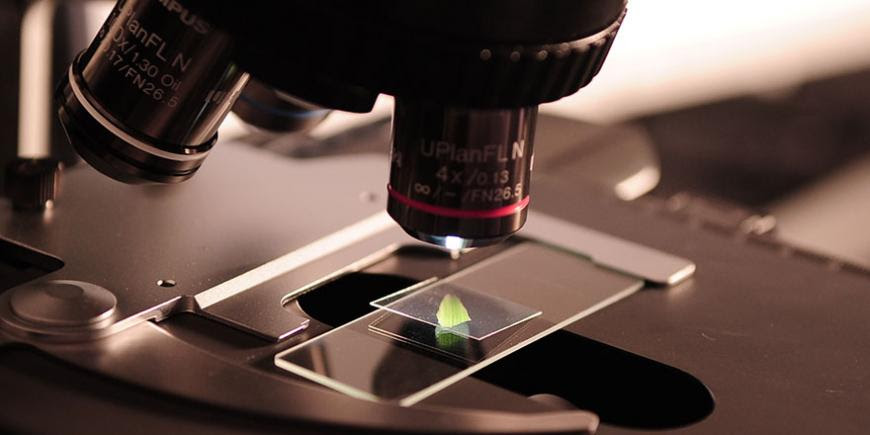Electrospinning is currently the dominant electrohydroelectrospinning development dynamic technique to fabricate thin fibers, thanks to its simplicity and relatively low cost.
Nowadays, fibrous materials show a great usefulness in many applications (drug delivery systems, textile, environmental remediation). Nanofibers have become extremely appealing due to their unique properties, mainly highly porous structure and large surface – volume ratio. Electrospinning is currently the dominant electrohydroelectrospinning development dynamic technique to fabricate thin fibers, thanks to its simplicity and relatively low cost. It is based on a high voltage applied between a metallic needle or a needleless electrode, and a collector. The strong external voltage deforms the liquid coming out of the nozzle into a jet. However, an efficient production of nanofibers by electrospinning remains challenging.
Development of electrospinning technique includes: i) theoretical model design and a comprehensive analysis its properties based on numerical simulations, ii) verification preliminary results in practical use. So far, a crucial relation between the geometry of the spinning electrode and formed nanofibers has been observed. Indeed, our work plays a significant role in selecting a proper electrospinning configuration, depending on the application and desired results.





















